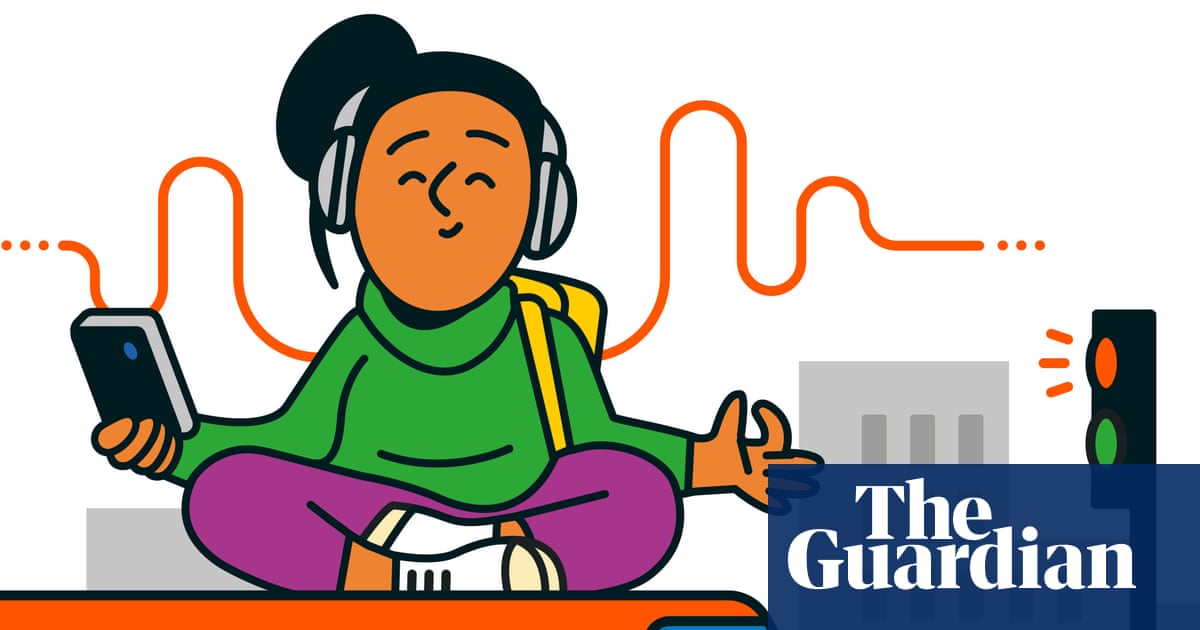In the 1960s it was considered a watershed moment of liberation for women. Now, a new generation is being inundated with messages online that birth control is “evil” and “poison”. Across social media feeds, influencers are venting about hormonal contraception. Some are spreading false claims that taking synthetic hormones causes infertility, or can even be responsible for bad romantic decisions because you are “attracted to different men than you would be if you were off the pill”. Others emphasise known side-effects, such as weight gain and depression.
Meanwhile, millions of TikToks promote the effectiveness of natural contraceptive methods, with self-described “hormone experts” claiming it is “not that hard to prevent pregnancy naturally” with fertility awareness methods “just as effective, if not more effective than the birth control pill.”
Experts such as Dr Sarah White, the CEO of Jean Hailes for Women’s Health, say the “misinformation is extraordinary” and are seriously concerned about the potential consequences for women.
What is this trend?
Researchers at La Trobe University analysed 100 TikTok videos from the top five hashtags related to contraception methods (#birthcontrol, #contraception, #thepill, #naturalbirthcontrol, and #cycletracking) that had collectively gained nearly 5bn views and 14.6m likes.
They found that more than half of the video creators (53%) explicitly rejected hormonal birth control, and more than one in three (34%) expressed a distrust about healthcare professionals. Meanwhile, 38% endorsed fertility tracking, often without disclosing the limitations of this method.
White says the popularity of this kind of material is being driven by a number of factors: a wellness industry that often encourages women to not put anything unnatural in their bodies, a younger generation of women being increasingly sceptical of their doctors pushing pharmaceuticals, and a social media environment that rewards inflammatory statements and fear-based messaging. There is also a conservative backlash against birth control.
Do ‘natural’ contraceptive methods work?
Fertility awareness-based contraceptive methods aim to identify the fertile window by tracking biomarkers for ovulation, such as basal body temperature and cervical mucus, to avoid a pregnancy. The method can be up to 99% effective when used correctly, but when it isn’t, almost one in four users will get pregnant over a year, according to the UK’s National Health Service.
Prof Danielle Mazza, a practising GP and the head of Monash University’s department of general practice, says many women find it hard to determine when the fertile period of their cycle actually is. She says basal body temperature tracking is not a good way to prevent pregnancy.
Even for women who have a very regular cycle and feel confident identifying their fertile window, the method still relies on several additional factors to work, she says. They have to be prepared to forego sex for considerable periods of time during the month, as well as spontaneity in their sex lives. They also have to have a partner who’s not coercive or violent, and they must make sure they don’t have sex when they’re inebriated or under the influence, Mazza says.
What about side effects of hormonal contraception?
Hormonal contraception is one of the most researched medications, Mazza says. “The majority of women can use these forms of medication very happily, with very few side-effects.”
Known side-effects of hormonal birth control include headaches, nausea, mood swings, weight gain, sore breasts and acne. However, social media can amplify individual negative experiences, with research showing young people in particular often believe that a lived experience is just as credible as advice from a trained professional, White says.
If women are unhappy with the side-effects they are experiencing, Mazza encourages them to talk to their doctor rather than discarding contraception, because there are different methods of effective contraception that could suit them better. “It’s very important to come back for review, because also a lot of women can attribute symptoms to the pill or other hormonal forms of contraception, whereas there might be other reasons why they’re getting those kinds of symptoms.”
Mazza also highlights that some side-effects can be transient. For example, breast tenderness or feelings of fullness when you start the pill are common, but usually subside within a few months. She says she does not know of any research to prove claims that women are attracted to men they wouldn’t be attracted to if they were off the pill.
What do experts recommend?
Dr Caroline de Moel-Mandel, the lead author of the La Trobe University study and a GP, says women often feel they aren’t listened to in clinical settings. As a result, if they feel pressed into accepting a particular contraceptive method, they might search for an alternative or talk about it and seek validation online from women who feel the same way, “and it becomes a cycle”.
“The platform offers women a space to talk about their side-effects, or their distrust or their frustrations that they have with the pill, or maybe even with the consultations that they had with their doctors,” Moel-Mandel says.
“Women need to be part of that decision-making process,” with their own lived experience being validated alongside their doctor’s medical perspective, she says. Other barriers, such as appointments being too expensive, also need to be addressed.
White also emphasises that data shows – at least in the Australian context – that the level of knowledge around contraception is very low. Many women are worried about short- and long-term side-effects of hormonal contraception. As a result, she says, there is “a concerning level of unintended pregnancy”.
“Being able to choose when to get pregnant is really, really, really critical for a woman’s health and her economic security.” But White stresses that “you can’t make an informed choice if you’re being misled.”
Natasha May is Guardian Australia’s health reporter
Antiviral is a fortnightly column that interrogates the evidence behind the health headlines and factchecks popular wellness claims

 3 months ago
61
3 months ago
61

















































